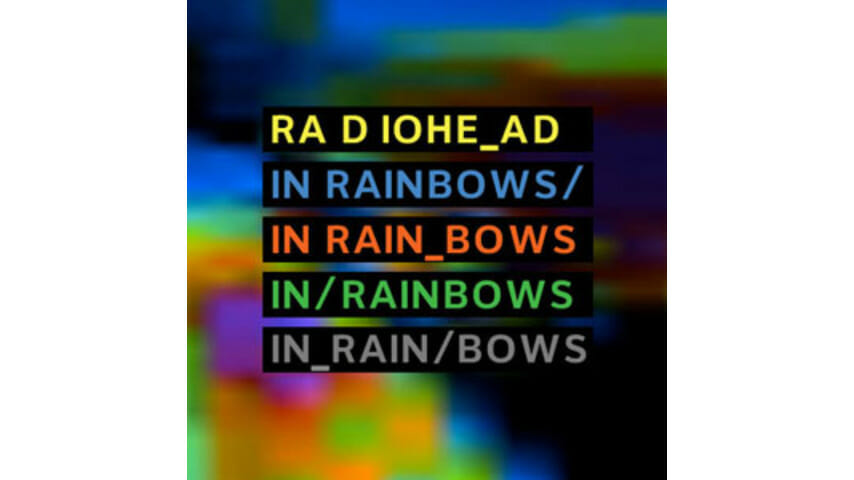Radiohead: In Rainbows

Android Sangfroid
On seventh studio album, iconic post-rock band trades alienation for populism
-

-

-

-

-

-

-

-

-

-

-

-

-

-

-

-

-

-

-

-

-

-

-

-

-

-

-

-

-

-

-

-

-

-

-

-

-

-

-

-








































